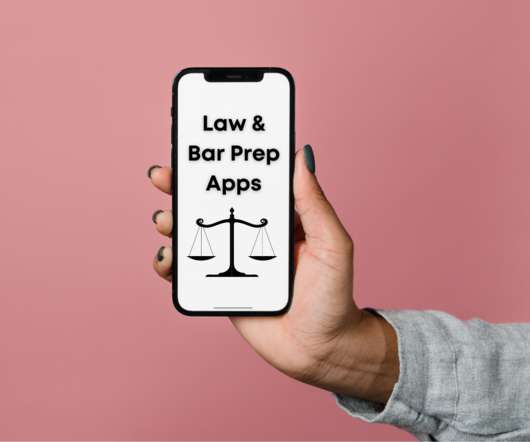Social Identity and Mobile Technology
Connecting 2 the World
MARCH 16, 2014
The focus of this post is on defining social identity as it relates to mobile technology. Cell phones and mobile technology has created a new level of social identity in which a person does not have to physically be present to categorize themselves or play a role expected when they perceive themselves as part of a group.

























Let's personalize your content